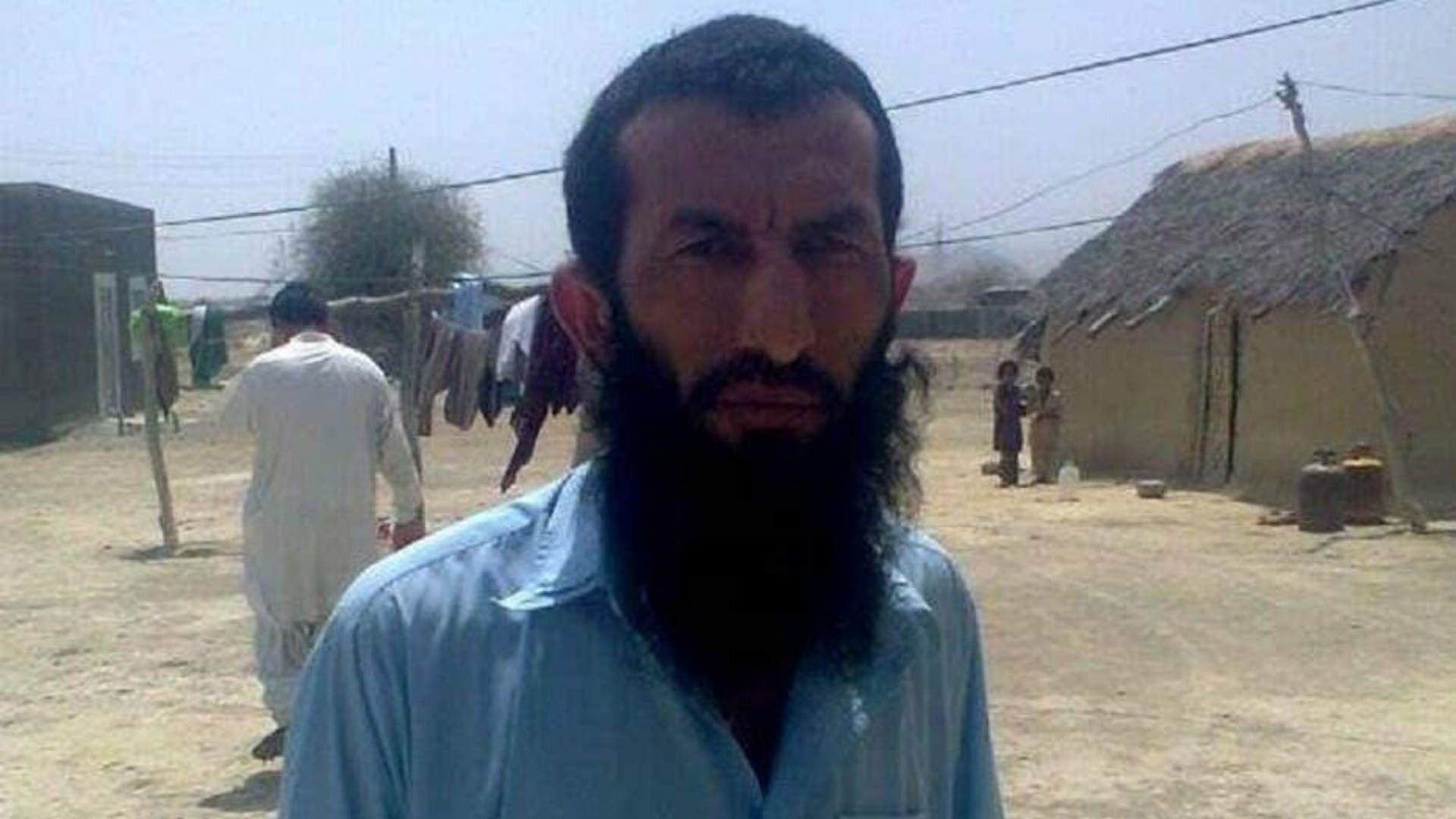Former missing person, Nazir Doda disappeared again
Nazir Doda who was released after remaining disappear for fourteen months in 2014 has been abducted once again, this time with brother Wali Mohammad and a relative, Tangai. They are residents of Maher Mand in Kech district, a village near the Iran-Pakistan border and birth place of Dilip Shikari, a top militant leader in Balochistan. Unlike his fellows, Shikari is not fond of taking pictures and hence one of the least known militant commanders in terms of appearance.
Mand, once a buzzing town and the financial hub of Mekran region of Balochistan with trade of millions of dollars annually, is now stuck in the middle of an insurgency. The neighbors of Shikari in Maher have often faced the wrath of the security forces usually to collectively punish the militant’s relatives.
In 2013, the forces imposed curfew in Mand after the statements of nationalist parties a day before general elections of May urged the people to boycott the elections and remain in homes. Of the 59,097 registered voters in the constituency, only 3712 of them voted. Akbar Askani, a drug trafficker, won the PB-50 (Kech) seat with 1,385 votes, defeating former speaker of Balochistan assembly Mohammad Akram, who bagged 1,331 votes. Akbar Askani had began his career in drug trafficking by selling drugs in his school when he was a student before acquiring high ranks in the drug business.
On May 11, 2013, on the day of the general elections, the forces took Nazir and two of his friends, Ghulam and Shay Haq into custody from Shay Haq’s home. Ijaz and Muslim had been whisked away a day before. On the way to Turbat, the military convoy was attacked by militants, resulting in several casualties of military personnel. A militant was killed. In retaliation, one officer entered the truck where the abductees were kept and stormed them with bullets leaving behind Shay Haq, Muslim and Ijaz dead and Ghulam critically injured. The officer was stopped before he could kill Nazir. Nazir remained unhurt and was released fourteen months later in June 2014.
Tangai, being an uncle of Shikari, has been troubled before. In November that year, the forces carried out another secret raid when informed about Shikari’s visit to his family. They wore civilian clothes and forced a local transporter to drive them to the militant commander’s home to pass through his security undetected. Several personnel were killed in the skirmish while Shikari escaped unharmed. Knowing the consequence, all men of the village fled the scene, a routine practice for them when they hear the news of military convoys approaching.
Tangai’s son Izzat was suffering from typhoid and thus was the only man left behind. Forces whisked him away and his dead body was found the next day.
I asked a relative of Tangai if he was ever tortured before. He said, jokingly, that “I have lost count. Every time the military passes through the area they visit Maher to beat and humiliate us.”
Where will Nazir, Wali Mohammad and Tangai end up this time is not yet known but there is nothing normal to laugh about being beaten up and abducted. This is how the situation is in Balochistan.

